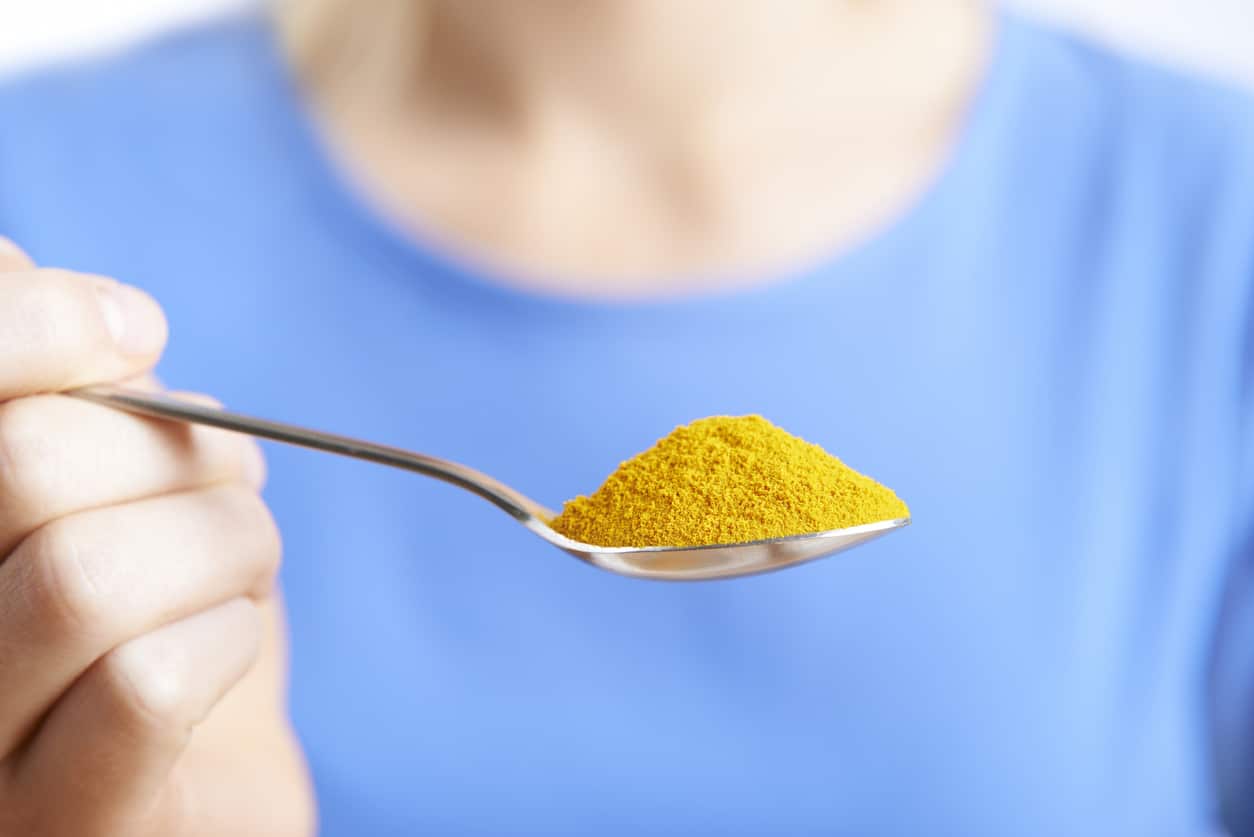The deep yellow spice turmeric has a variety of uses. For thousands of years, it’s been employed as a flavoring for food, a natural yellow dye, and as a remedy for several common ailments. Turmeric is touted as treating bites, bruises, wounds, skin diseases, acne, and intestinal disorders. Its anti-inflammatory properties are undisputed, and it’s often included in lists of natural remedies for inflammatory conditions, but is adding it to your diet powerful enough to combat the inflammation caused by arthritis?
Let’s explore the relationship between turmeric, its active ingredient, curcumin, and the pain and swelling of arthritis.
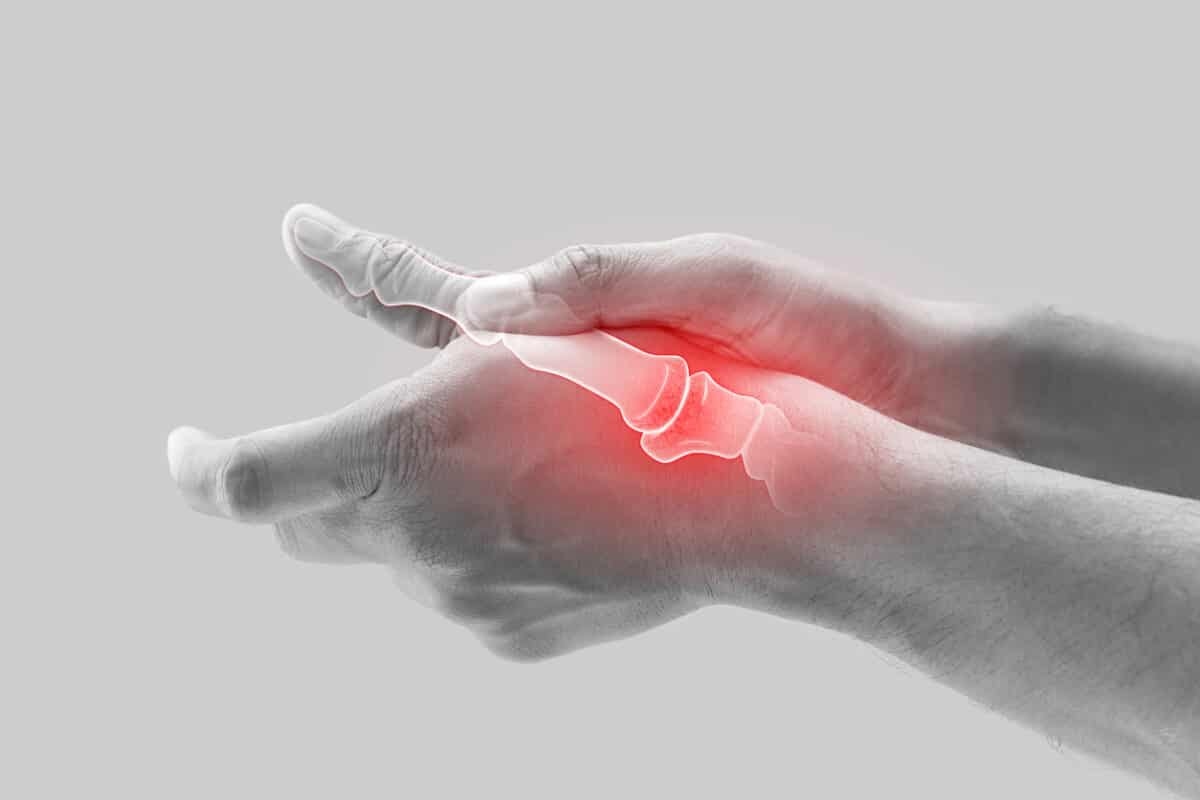
Turmeric, The Golden Spice
Turmeric is a spice derived from the root of the Curcuma longa plant, a type of flowering plant closely related to ginger. The pseudo stem of the plant typically reaches three to four feet tall. It is decorated with colorful flower spikes that resemble flowering pinecones. This plant is native to Southeast Asia and the Indian subcontinent, growing most readily in shaded areas of loose, sandy soil. The roots are typically boiled, dried, then ground into a bright yellow-orange powder.
The resulting powder can be employed in several ways. It is most often used as a dye, lending its bright yellow hue to fabrics, skin, and food products, or as a flavoring, imparting a warm, earthy flavor to food reminiscent of black pepper or mustard. Turmeric plants contain a natural chemical called curcumin, which gives the powder both its color and flavor. Turmeric is also employed in Ayurveda, traditional Chinese medicine, Siddha medicine, and as a folk remedy throughout India, Asia, and surrounding areas.
The Active Ingredient
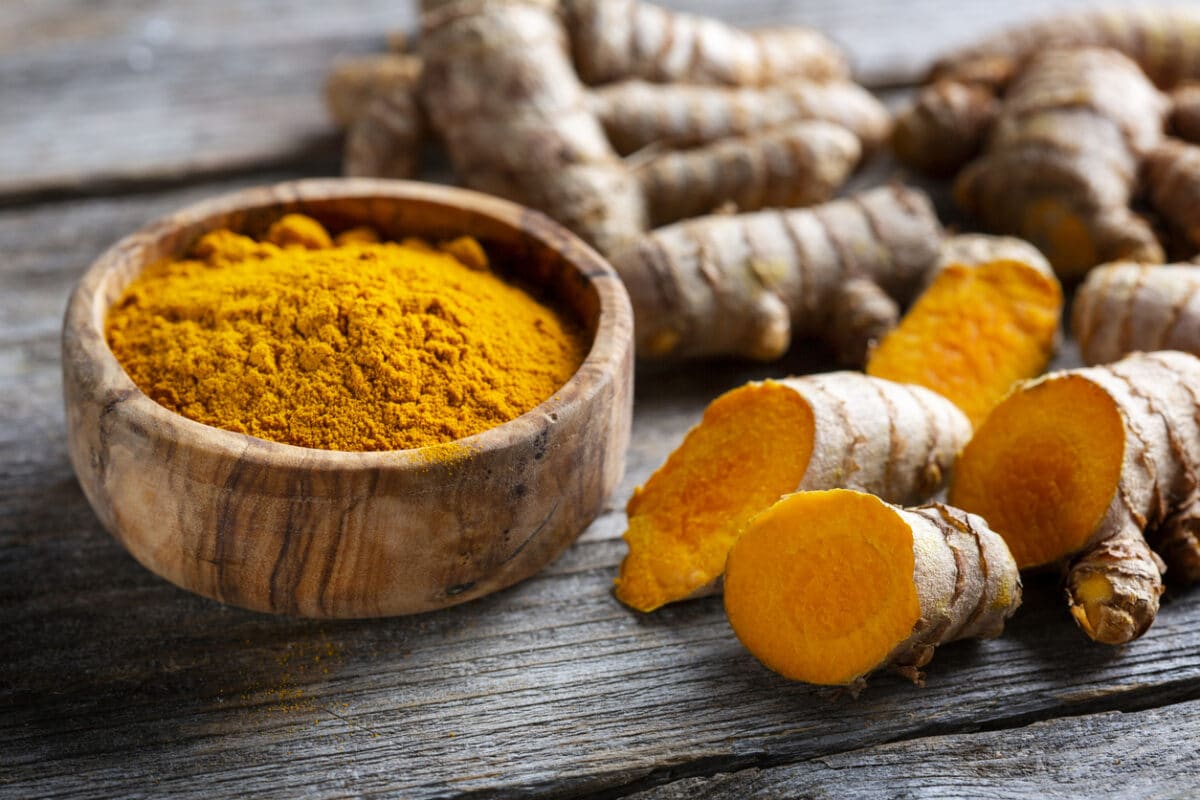
Curcumin, the chemical that gives turmeric its color and flavor, is also the active ingredient that supplies its medicinal properties. It targets specific molecules that control the cycle of the cell, blocking the proteins that control inflammation in your body. According to the Arthritis Foundation, a systematic review conducted in 2021 showed compelling evidence that doses of anywhere from 40 to 1,500 mg of a form of highly bioavailable curcumin were as effective in relieving the pain and stiffness of osteoarthritis as the nonsteroidal anti-inflammatories (NSAIDs) that are traditionally recommended for arthritis. This includes aspirin, ibuprofen, and celecoxib. The study also indicated that curcumin may provide an effective treatment against autoimmune disorders, including lupus and rheumatoid arthritis. It does this by balancing the T cells that cause inflammation.
The Trouble with Turmeric
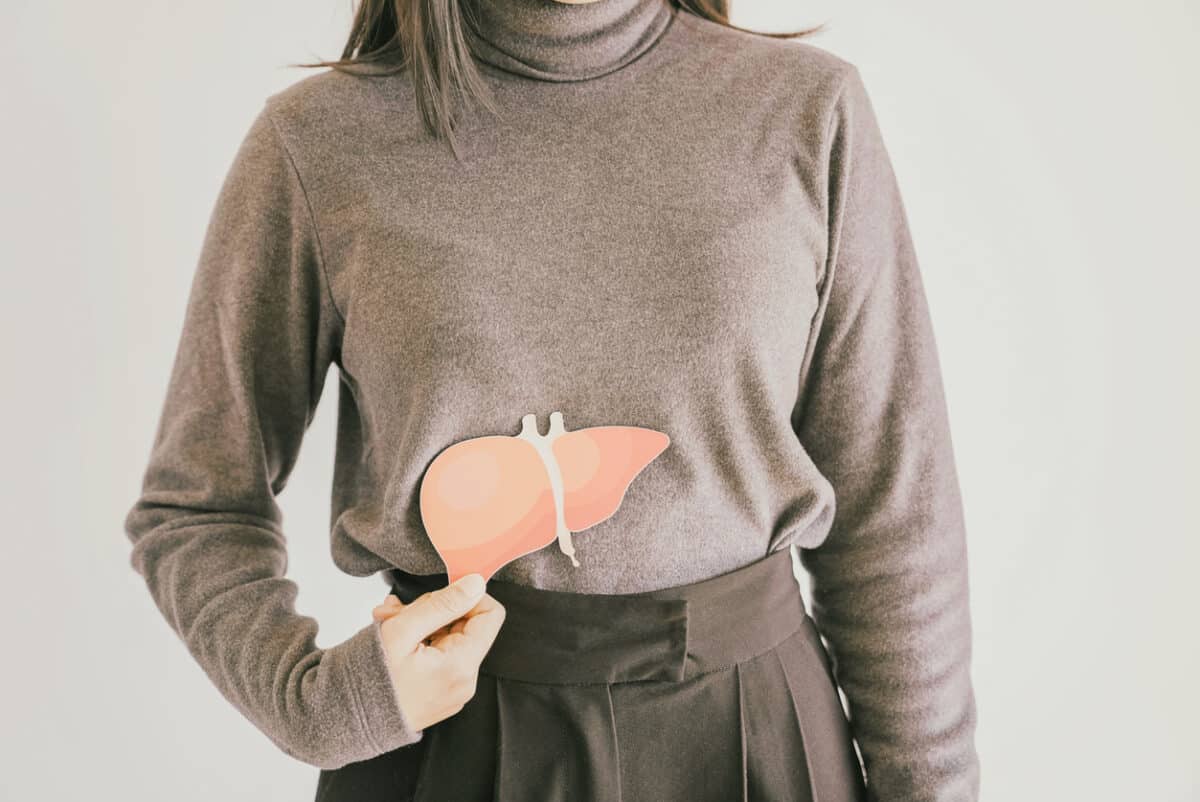
Turmeric and curcumin are typically well tolerated, even at high doses. They do occasionally lead to gastrointestinal upset, and there is some evidence that they can negatively affect the liver, however. There are a few other complications with using turmeric as a treatment for arthritis, as well. Firstly, the amount of curcumin in dietary turmeric doesn’t typically contain the dosages used in most of the studies reviewed. Pure turmeric powder only contains between 2% and 6% curcumin. The popularity of the spice has also led to some manufacturers cutting it with synthetic substitutes, including some dangerous additives like yellow lead chromate.
In addition, curcumin itself isn’t absorbed well through the small intestine. It is also metabolized in the liver and eliminated through the gall bladder. This gives it a relatively low bioavailability when taken orally. This means that while curcumin has been shown to relieve the symptoms of arthritis, the amount that is absorbed into the bloodstream through food or turmeric supplements is often inadequate to reduce inflammation.
Making the Most of Supplements
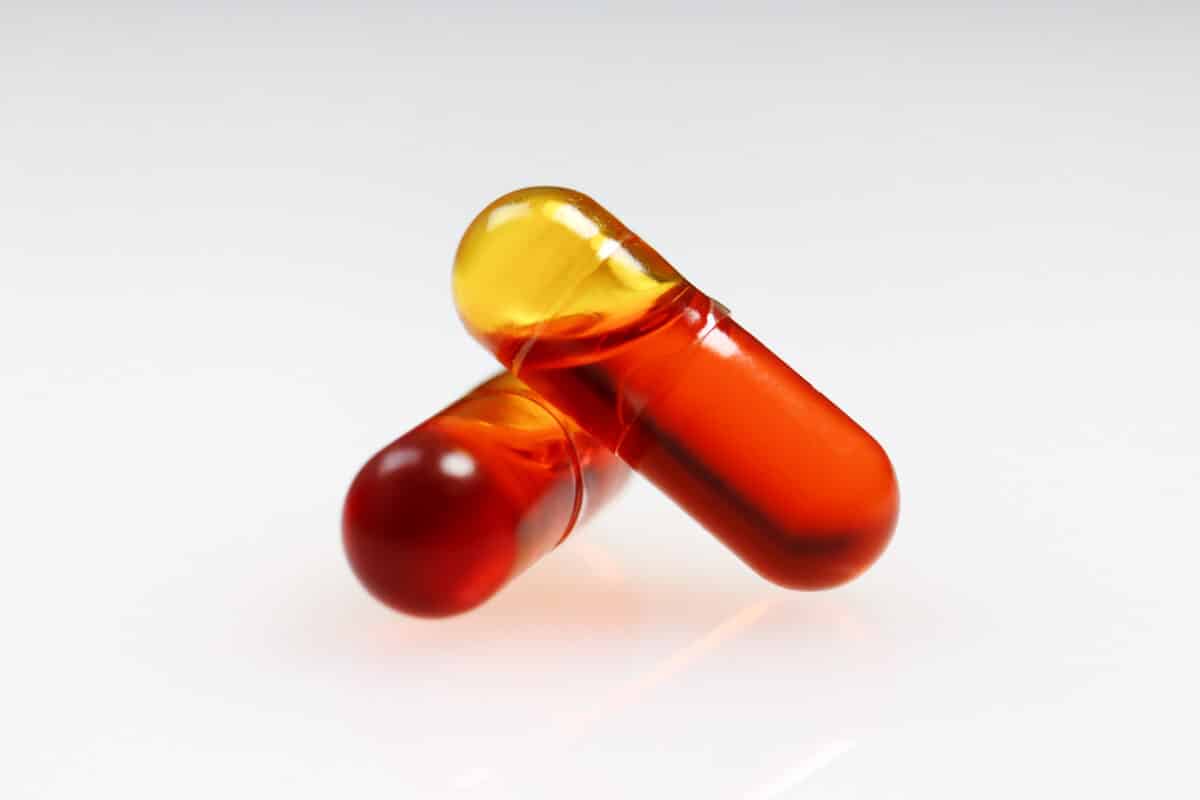
High-quality curcumin supplements in extract form, on the other hand, contain a much greater amount of the chemical and are often developed with additives such as antioxidants, phospholipids, and nanoparticles to enhance their bioavailability. There are also actions you can take to enhance the bioavailability and absorption of curcumin in any form.
Curcumin is not water-soluble. Unless your supplement is enhanced with phospholipids or another form of fat, you won’t get much out of it. A snack or meal that contains a little oil or fat, such as yogurt, coconut oil, nuts, or whole-fat milk, will improve the efficacy of your supplement. It does this by binding to the chemical so that it is more easily absorbed through your gut.
Much of the curcumin that enters the body is metabolized by the liver and gall bladder instead of absorbed into the bloodstream. Ingesting black pepper with your curcumin or turmeric can also improve its bioavailability. A compound in black pepper, piperine, can counteract some of the action of the liver and gall bladder. It does this by protecting the curcumin from the digestive enzymes, introducing no new adverse side effects. Curcumin tends to have a short half-life. It is often more effective to split your supplement into twice-daily dosages rather than taking a larger amount all at once.
In Summary
Turmeric is a proven antioxidant and anti-inflammatory. Unfortunately, dietary turmeric typically doesn’t contain enough of the active ingredient, curcumin, to affect arthritis inflammation. High-quality supplementation with concentrated forms of curcumin, however, may help to ease the symptoms of osteoarthritis. The effects, especially when taken twice daily, are equal to those of most NSAIDs. This is especially true when ingested with either black pepper (piperine) or healthy saturated or unsaturated fats. In addition, concentrated curcumin may help to counteract autoimmune disorders. This makes it an effective treatment for rheumatoid arthritis as well.
Top Products
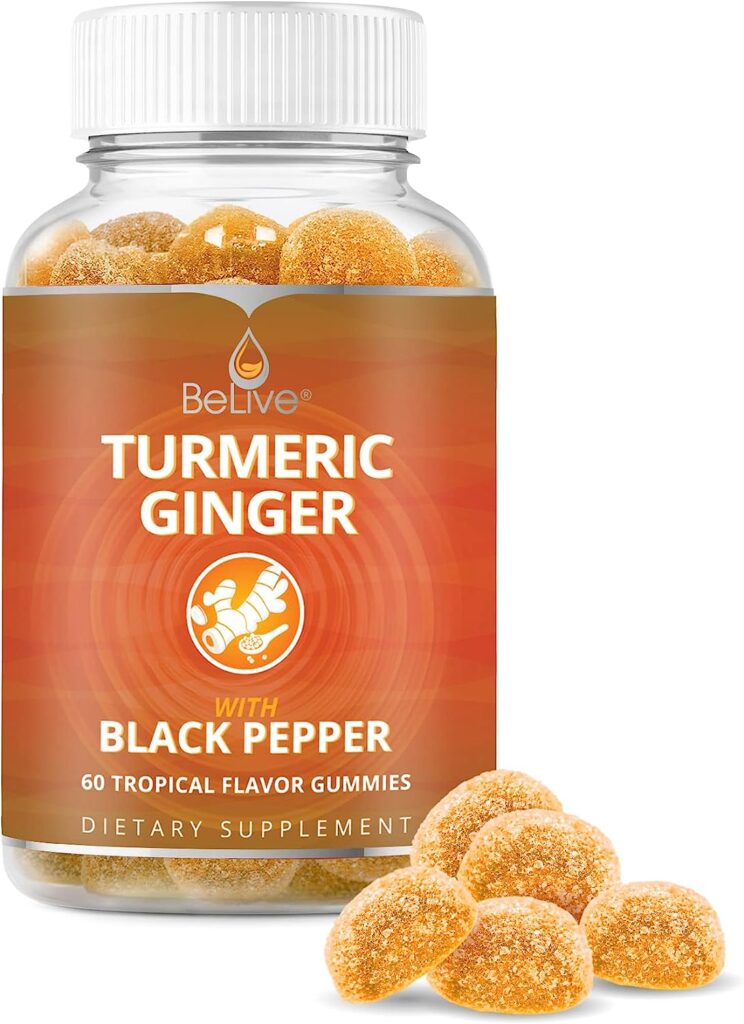
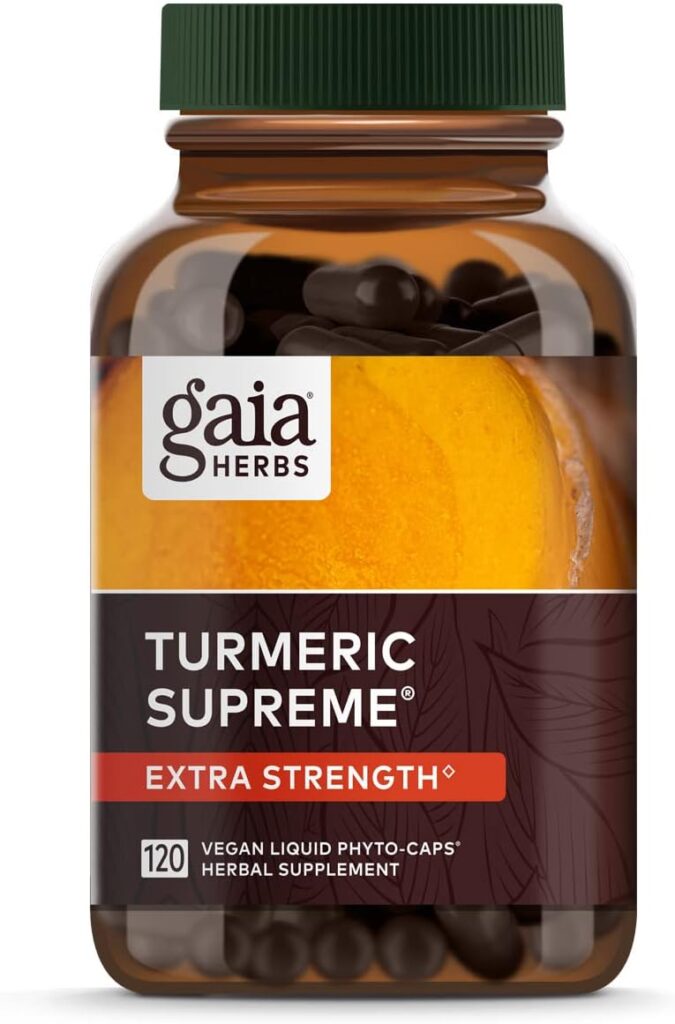
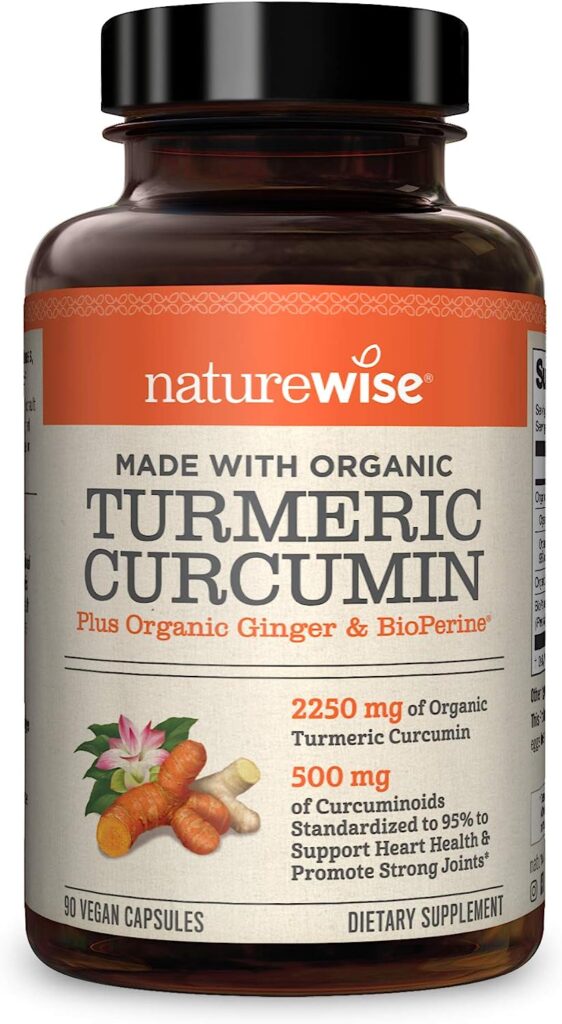
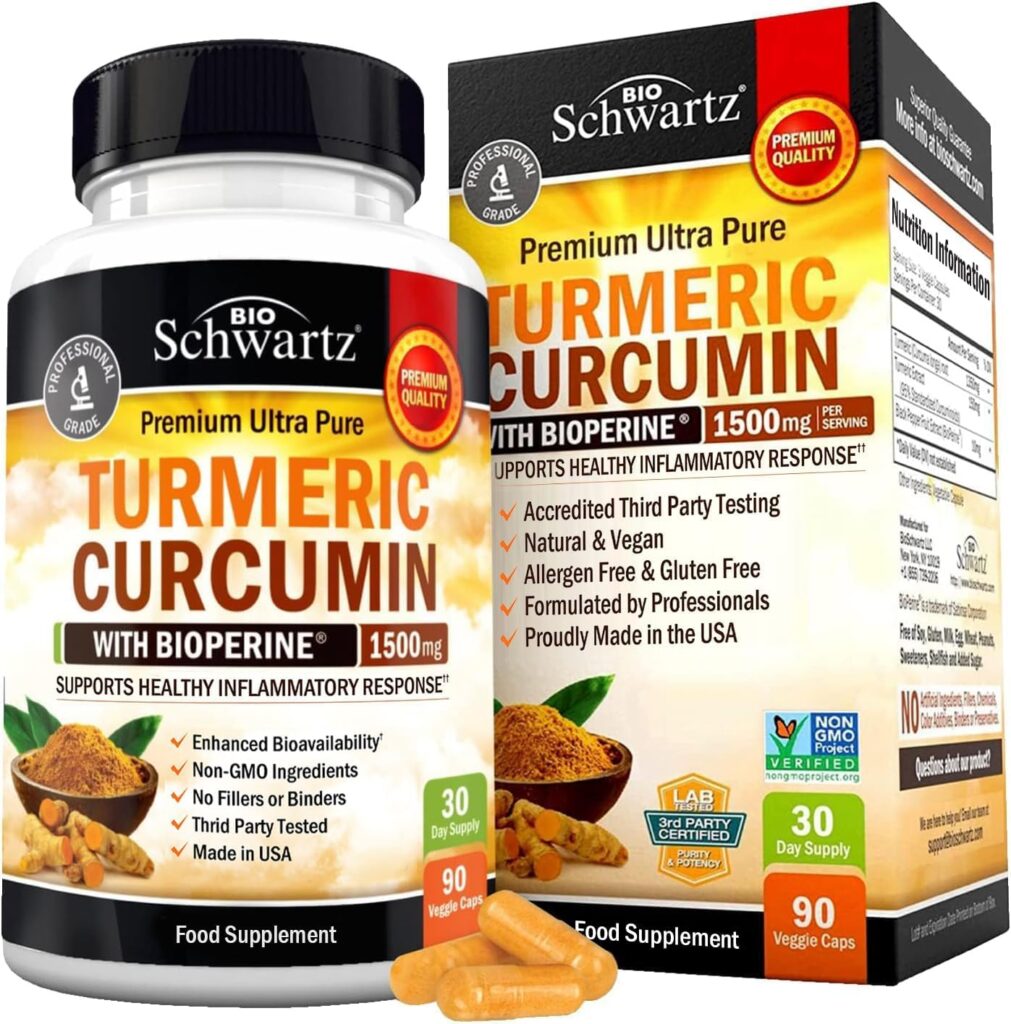
Read Next:
5 Healthy Habits to Start Today
Not a Fan of Kombucha? Maybe You Should Be for Your Blood Sugar

